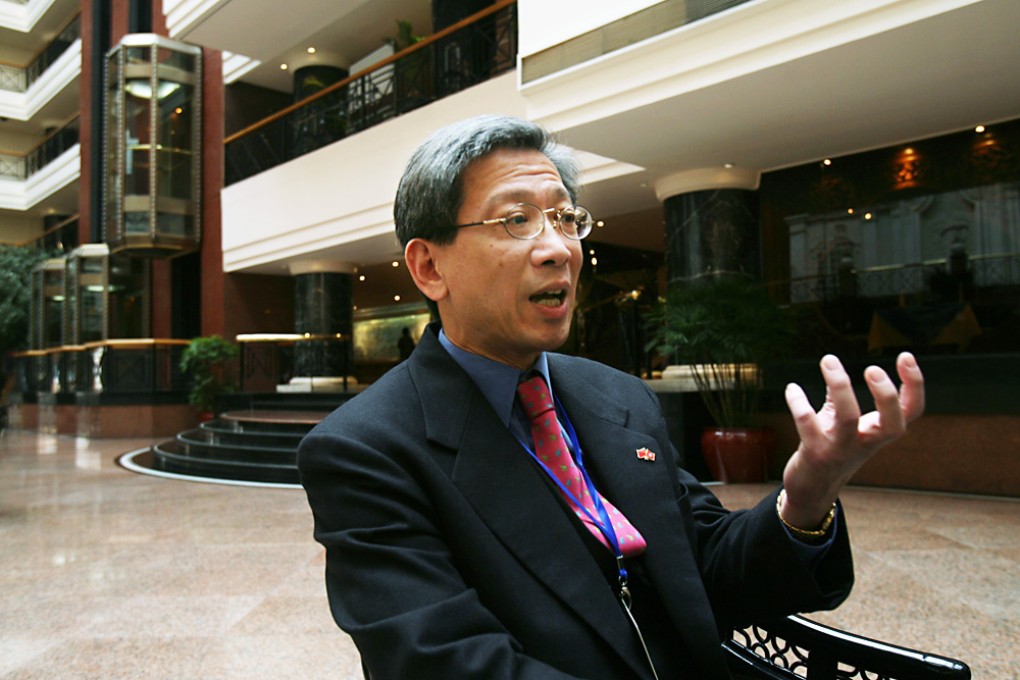New | Occupy Central could spur security law and use of force, warns expert
Basic Law Institute chief says planned protest could prompt PLA involvement

The Occupy Central civil-disobedience movement could prompt implementation of the hotly-opposed national security law or the use of force by the garrison, an expert on the mini-constitution has warned.
“Have the organisers ever thought about the implications?” Basic Law Institute chairman Alan Hoo SC asked yesterday.
He said there was a solid link between the pro-democracy movement and national security, against the backdrop of recent turmoil in nearby places.
“The situation of Hong Kong is indispensable when considering China’s overall security,” Hoo said, pointing to terrorist attacks in Kunming and Xian, and the uprising in Thailand. “The forthcoming Occupy Central definitely fosters the (security) legislation of Basic Law Article 23.”
The national security bill which outlaws subversion and treason, was shelved in 2003 after 500,000 people took to the streets in protest.
The Occupy Central movement plans to paralyse the city’s core business district to campaign for “genuine universal suffrage” but organisers insist it will be peaceful.
Hoo, a delegate to the Chinese People’s Political Consultative Conference, said even if the government did not table an Article 23 bill, the movement could lead to implementation of Annex III of the mini-constitution – the application of national laws by Hong Kong, including the use of force by the People’s Liberation Army.